In the realm of construction and building systems, mechanical contractors play an indispensable role. These professionals are responsible for the design, installation, and maintenance of mechanical systems in a variety of settings, from residential homes to large commercial and industrial facilities. As infrastructure evolves and demands for efficient building systems increase, the work of mechanical contractors becomes ever more critical. Let’s delve into whom these contractors are, what they do, and why they are vital to the construction industry.
The Role and Responsibilities of Mechanical Contractors
Mechanical contractors are professionals involved in the fabrication and installation of heating, cooling, and ventilation systems. Their responsibilities extend from the planning phases of a project through to completion, ensuring that systems are designed and installed according to specific standards and regulations. These professionals are adept at working with detailed blueprints and schematics, identifying top methods to optimize operational efficiency and the sustainability of building systems. Their expertise is essential for ensuring the safety, functionality, and energy efficiency of mechanical systems in any given structure.
The Importance of Mechanical Contractors in Construction
The contribution of mechanical contractors in the construction sector cannot be overstated. Their professional expertise brings more than just repairs. They are crucial in bringing complex projects to fruition, overseeing the implementation of systems that form the backbone of building operations. This includes heating, ventilation, and air conditioning (HVAC) systems, which are indispensable for maintaining indoor comfort and air quality. The mechanical contractor's role not only supports building operations but also aligns with sustainable practices that can reduce energy consumption and operational costs.
The Skills and Training Required for Mechanical Contractors
Becoming a mechanical contractor requires a combination of technical training, practical experience, and often certification or licensure, depending on regional requirements. Skilled in various mechanical systems, these professionals must understand the dynamics of thermodynamics, fluid mechanics, and electrical systems as they apply to modern building technologies. Continuous education and staying updated with evolving standards and innovative technologies are crucial aspects of a mechanical contractor's career development. According to Bridgit, the U.S. Bureau of Labor Statistics (BLS) reported the median annual pay for mechanical contractors is $50,590, reflecting the professional and valued nature of their expertise in the labor market.
The Challenges in the Mechanical Contracting Industry
The mechanical contracting industry faces several challenges, including adapting to rapid advancements in technology and meeting ever-stricter sustainability measures. Contractors must navigate complex regulatory landscapes and ensure compliance with local and national building codes. Additionally, labor shortages and the need for skilled technicians pose potential hurdles for project delivery. As construction projects become more sophisticated, the need for highly trained professionals and innovative solutions grows. Addressing these challenges requires strategic planning, investment in workforce development, and embracing innovation within the industry to meet modern-day demands effectively while maintaining high-quality standards and project timelines.
The Future Trends and Prospects in the Mechanical Contracting Industry
The future for mechanical contractors appears promising, with the increasing emphasis on green building and smart technology integration. As environmental concerns rise, there is a greater demand for energy-efficient systems and renewable energy solutions. Mechanical contractors are poised to lead the charge in integrating these systems, leveraging new technologies such as smart HVAC controls, renewable energy sources, and advanced building management systems. With the construction industry's shift toward eco-friendly practices, mechanical contractors will play an integral role in meeting sustainability goals. This evolution represents not just a challenge but an opportunity for contractors to expand their expertise and contribute to the sustainability of the built environment while adapting to emerging market needs.
In conclusion, mechanical contractors are vital components in the construction and maintenance of modern infrastructure. Their expert skills ensure that critical building systems function efficiently and sustainably, meeting the needs of both people and the environment. As technology advances and sustainability becomes a more prominent driver of innovation, the role of mechanical contractors will continue to evolve, offering new opportunities and challenges. By understanding and appreciating the essential work they perform, we can better grasp the intricate mechanisms that keep our living and working spaces comfortable and functional. Call us at SBS-NC, LLC to speak to someone on our team and learn more about our services today. We look forward to working with you!


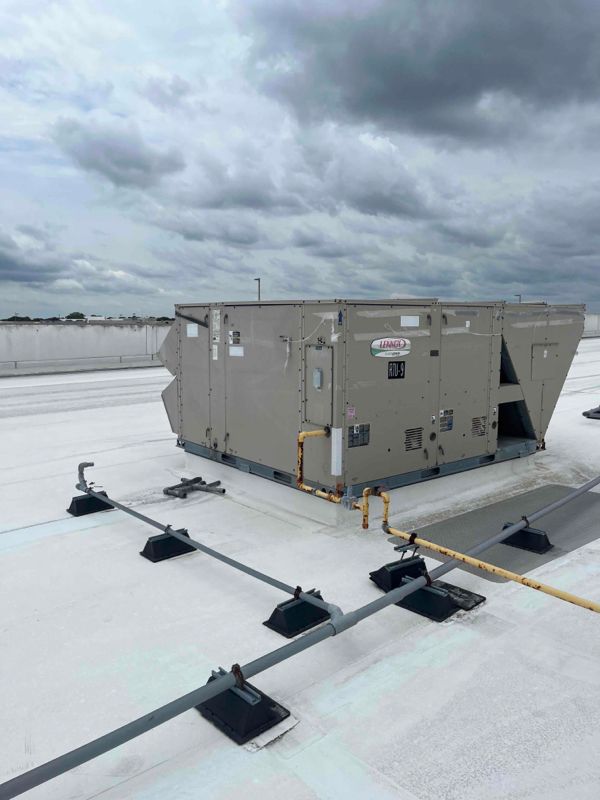
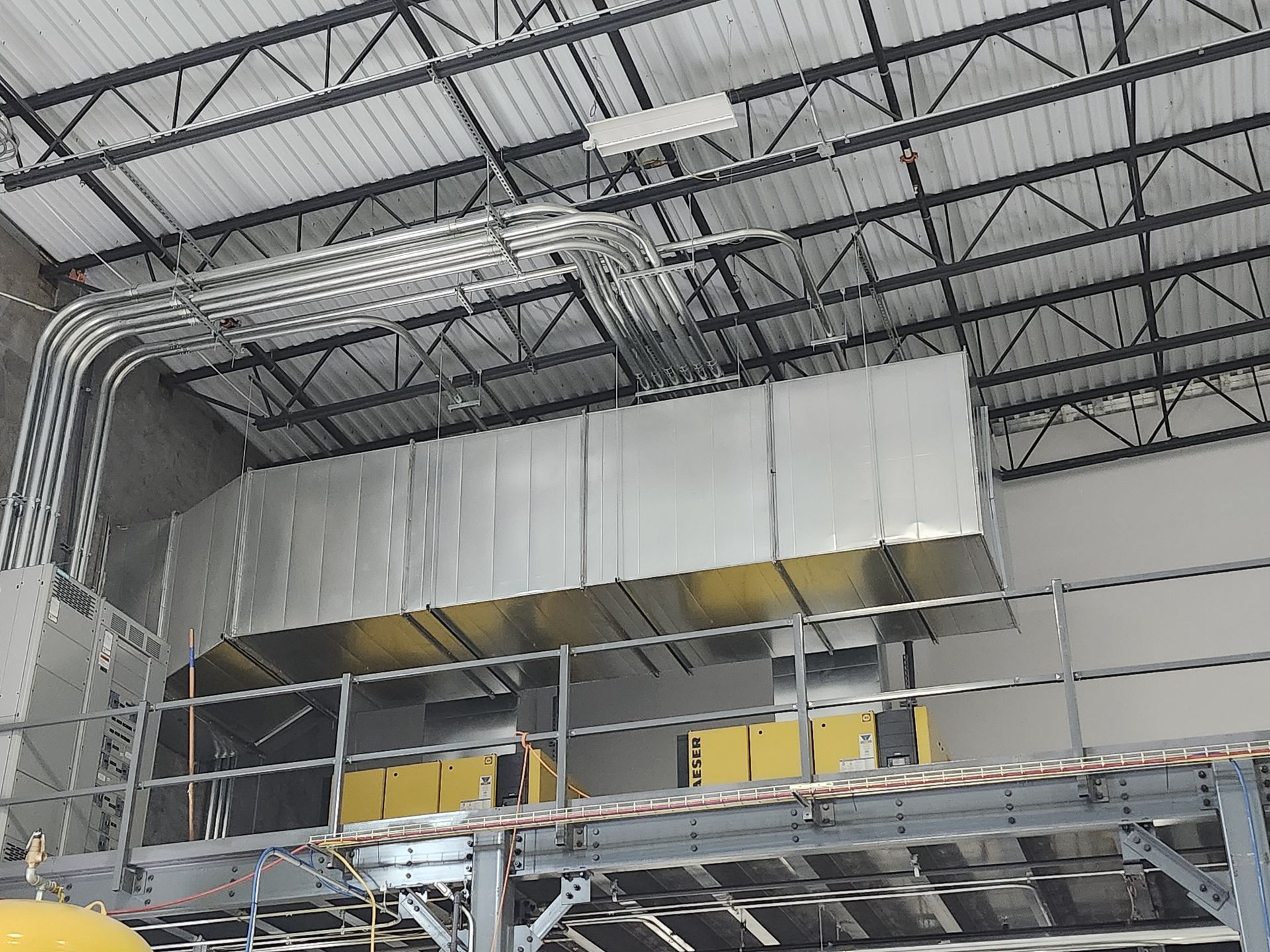
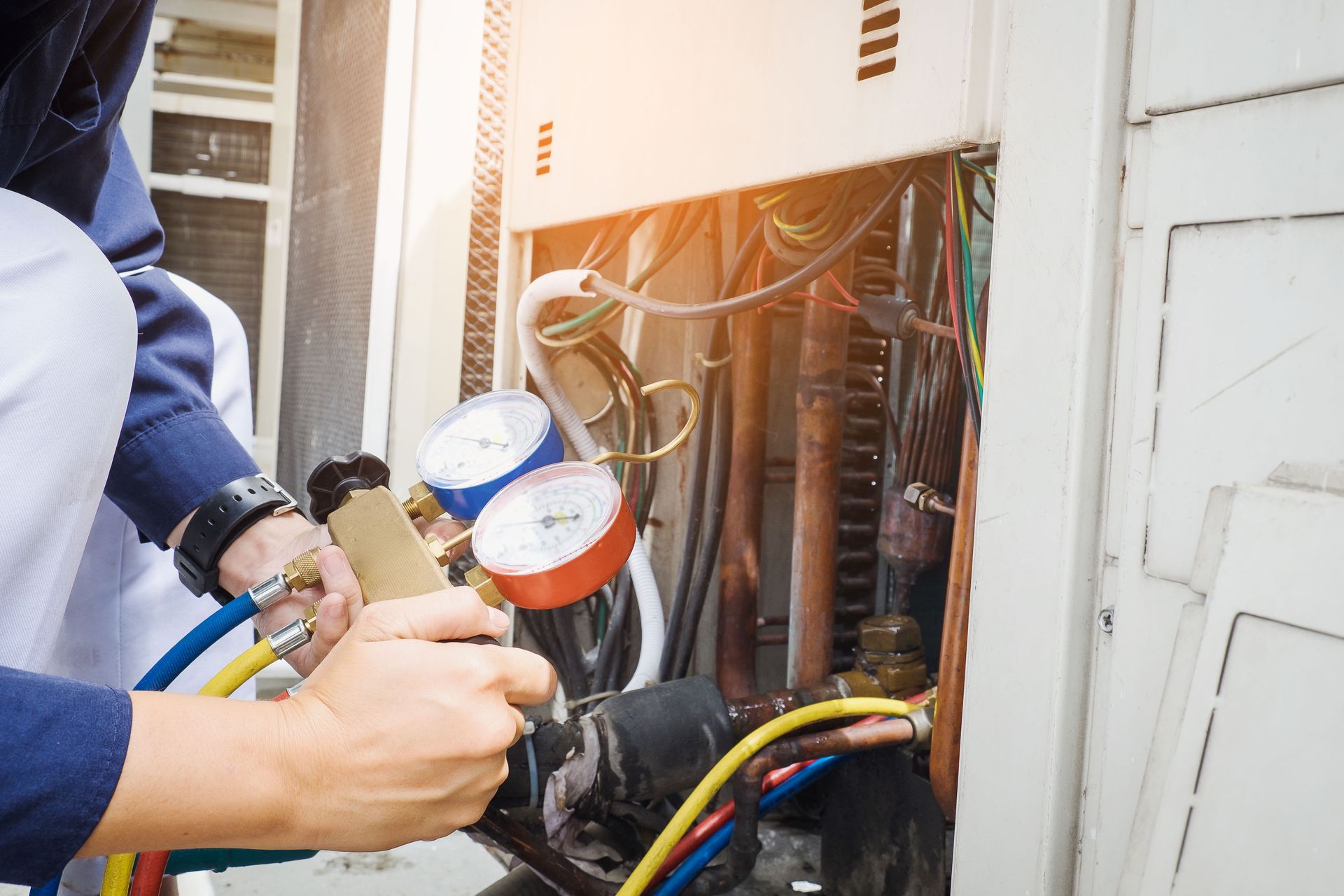
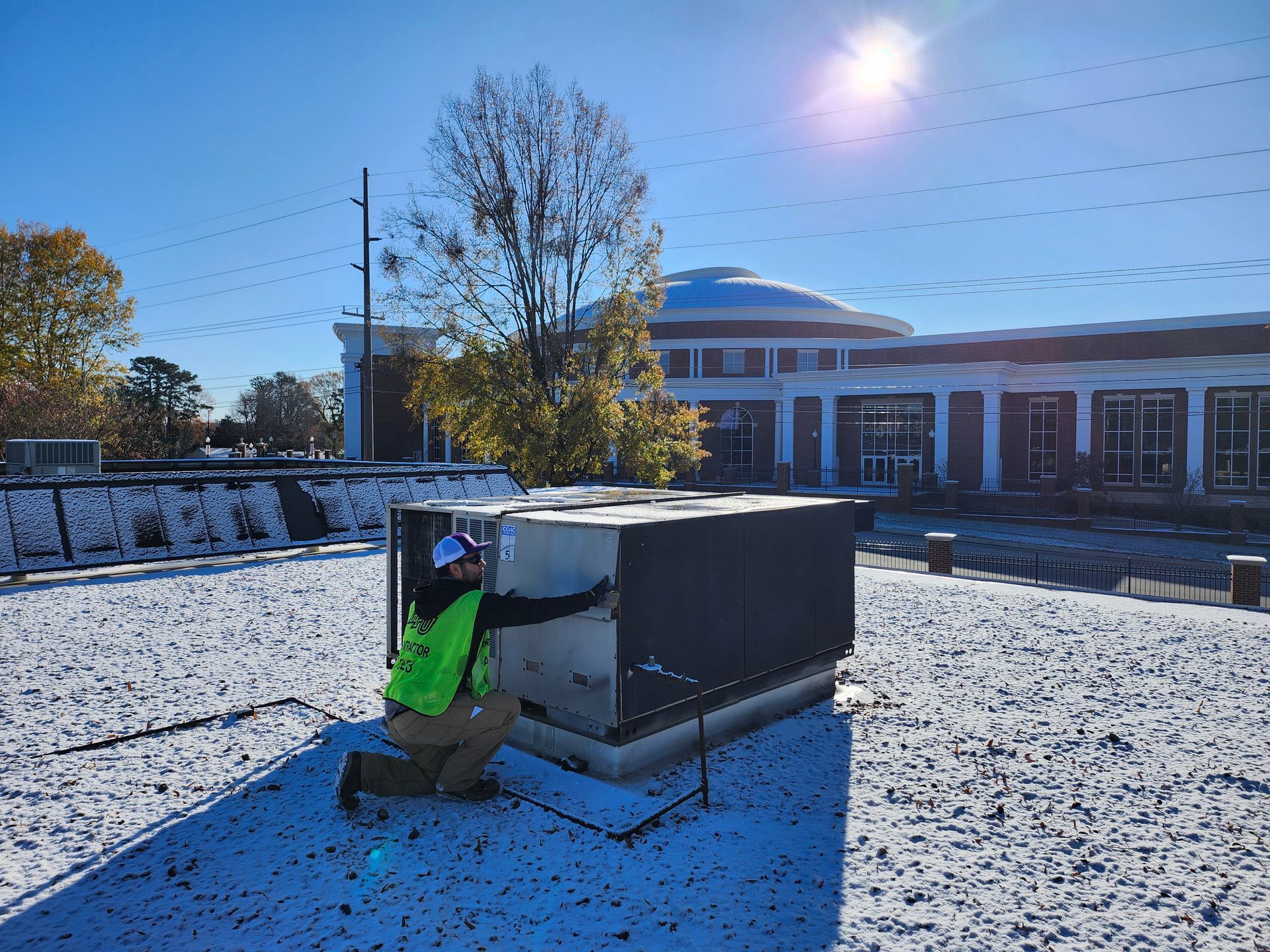
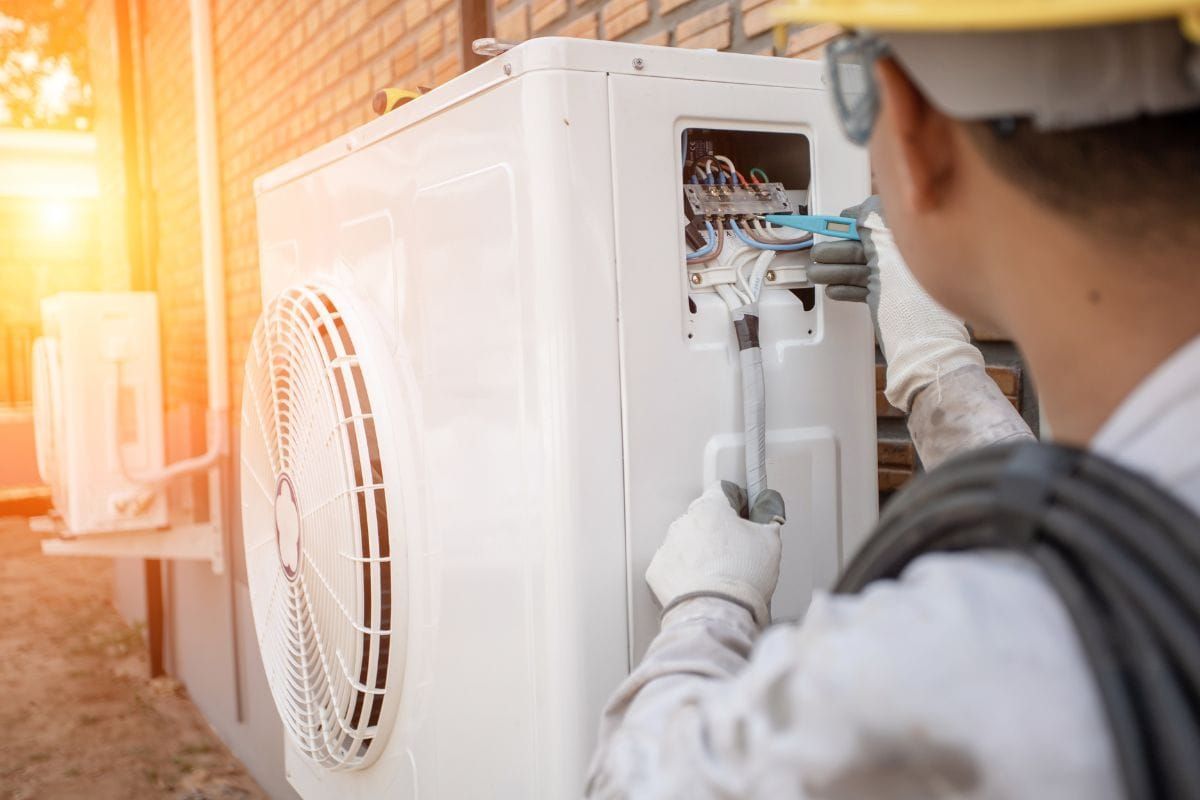

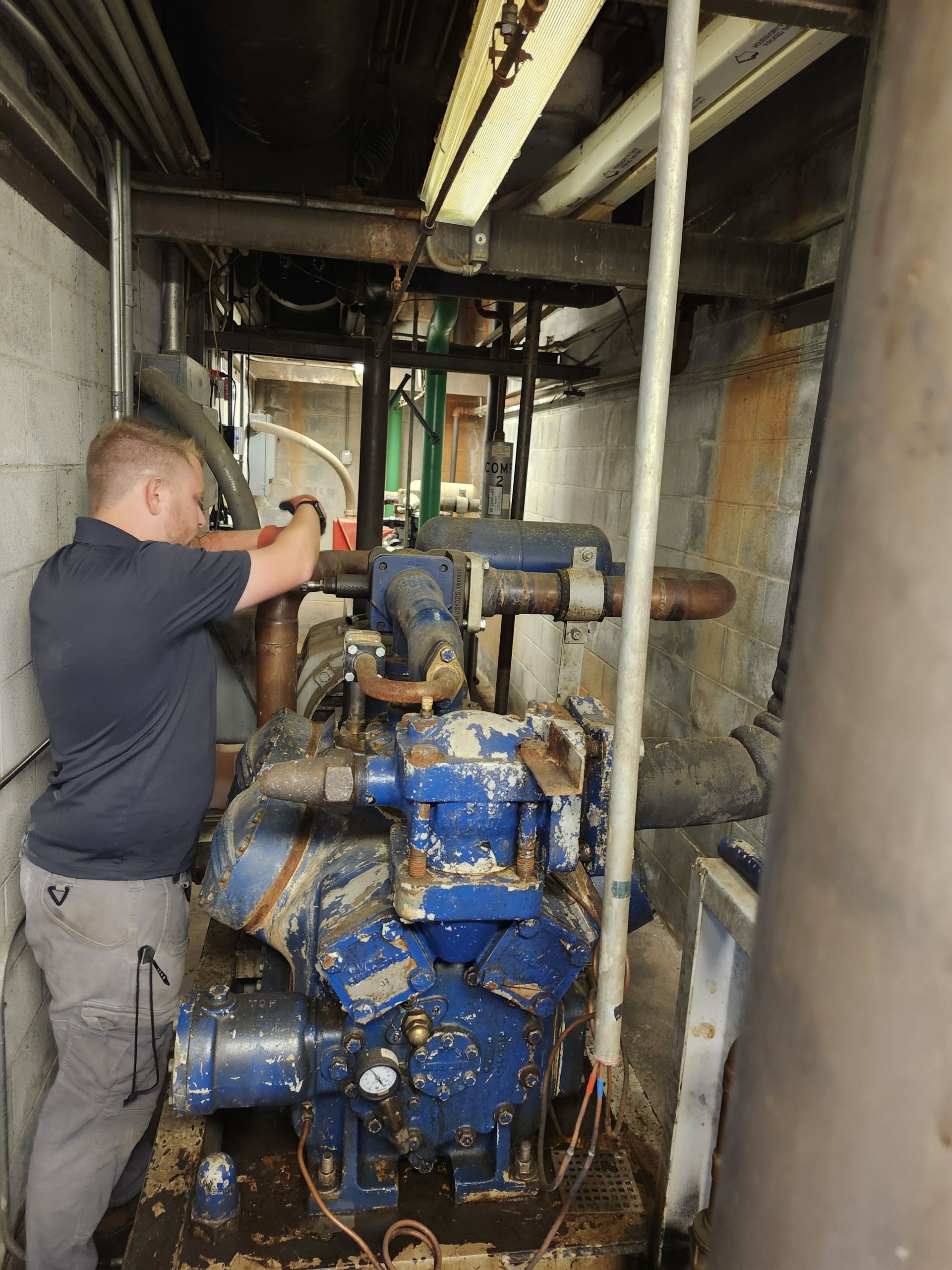
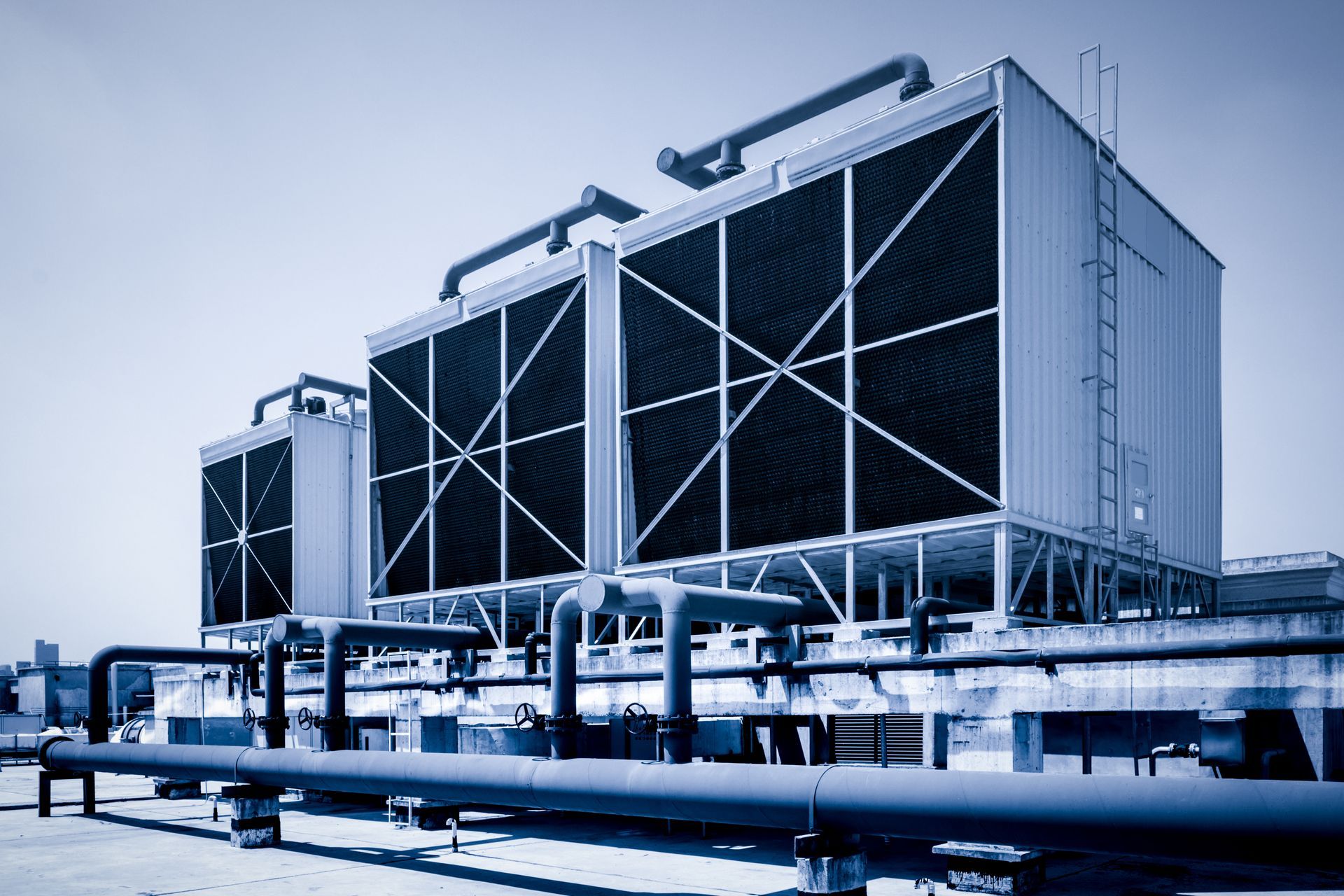
Share On: